Market Share
Refining Catalysts Market Share Analysis
Market share positioning strategies play a critical role in the competitive landscape of the Refining Catalyst Market. Companies operating in this sector employ various approaches to enhance their market share and maintain a competitive edge. One common strategy is differentiation, where companies focus on offering unique catalyst products with distinct features and benefits. By developing catalysts that address specific refining challenges or provide superior performance compared to competitors, companies can attract customers seeking innovative solutions. Additionally, differentiation can help justify premium pricing, thereby enhancing profitability.
The growing demand for cleaner petroleum products is the major factor driving the growth of the refining catalyst market during the assessment period. Moreover, the growing population across the globe has triggered the need for energy, which is contributing to the growth of the market. Moreover, the growing oil and gas related activities, especially in the emerging Asia Pacific region, is also likely to fuel the demand for refinery catalyst during the forecast period.
Another key strategy is cost leadership, which involves optimizing production processes and minimizing costs to offer catalyst products at competitive prices. Companies adopting this approach aim to capture market share by appealing to price-conscious customers without compromising on product quality. Efficiency gains in manufacturing, procurement, and distribution contribute to cost leadership, enabling companies to maintain profitability while offering competitive pricing. Moreover, cost leadership strategies can help penetrate new market segments and gain market share from competitors with higher-priced offerings.
Furthermore, market segmentation is crucial for refining catalyst companies to target specific customer segments effectively. By understanding the diverse needs and preferences of refinery operators, companies can tailor their product offerings and marketing strategies to address different market segments. Segmentation based on factors such as refinery size, geographical location, and processing requirements allows companies to allocate resources efficiently and maximize market penetration. Moreover, targeted marketing messages resonate better with customers, leading to increased sales and market share.
Collaboration and partnerships also play a vital role in market share positioning within the refining catalyst industry. Companies often collaborate with refinery operators, research institutions, and technology providers to co-develop innovative catalyst solutions. By leveraging each other's expertise and resources, companies can accelerate product development, improve technology adoption, and gain a competitive advantage. Strategic partnerships also enable companies to access new markets, expand their customer base, and enhance their market share positioning.
Additionally, continuous innovation is essential for maintaining market share and sustaining long-term competitiveness in the refining catalyst market. Companies invest in research and development to enhance existing catalyst formulations, develop new products, and address emerging refining challenges. Innovation-driven companies can differentiate themselves in the market by offering cutting-edge solutions that deliver superior performance, efficiency, and environmental benefits. Moreover, innovation strengthens customer loyalty and fosters long-term relationships, leading to increased market share and profitability.
Moreover, geographical expansion is a significant strategy for companies seeking to increase their market share in the refining catalyst market. By expanding into new regions and tapping into growing markets, companies can diversify their revenue streams and reduce dependence on specific regions or customers. International expansion also exposes companies to new opportunities, challenges, and competitive dynamics, driving innovation and growth. Furthermore, a global presence enhances brand visibility and credibility, attracting customers and supporting market share expansion efforts.
Lastly, customer relationship management (CRM) is crucial for refining catalyst companies to maintain and grow their market share. By providing excellent customer service, technical support, and aftersales assistance, companies can build strong relationships with customers and enhance loyalty. Understanding customer needs, addressing concerns promptly, and delivering value-added services help differentiate companies in a competitive market. Moreover, satisfied customers are more likely to repurchase products, recommend them to others, and contribute to positive word-of-mouth publicity, ultimately driving market share growth.


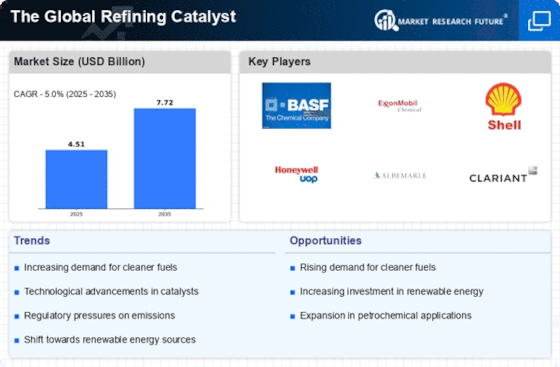


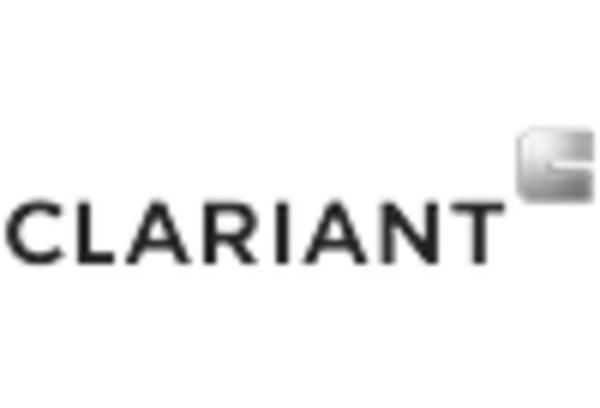
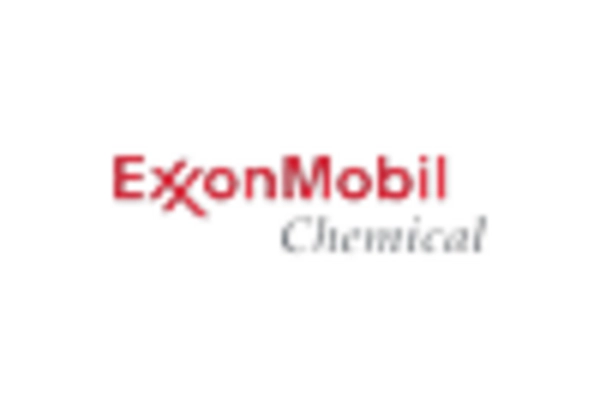
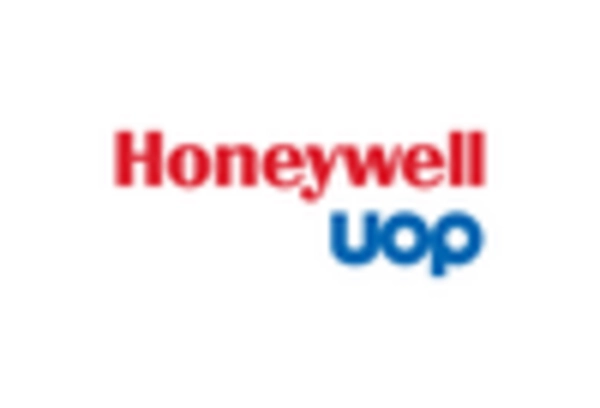
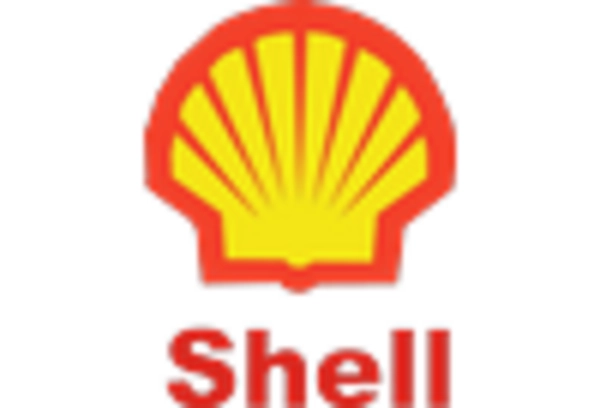










Leave a Comment